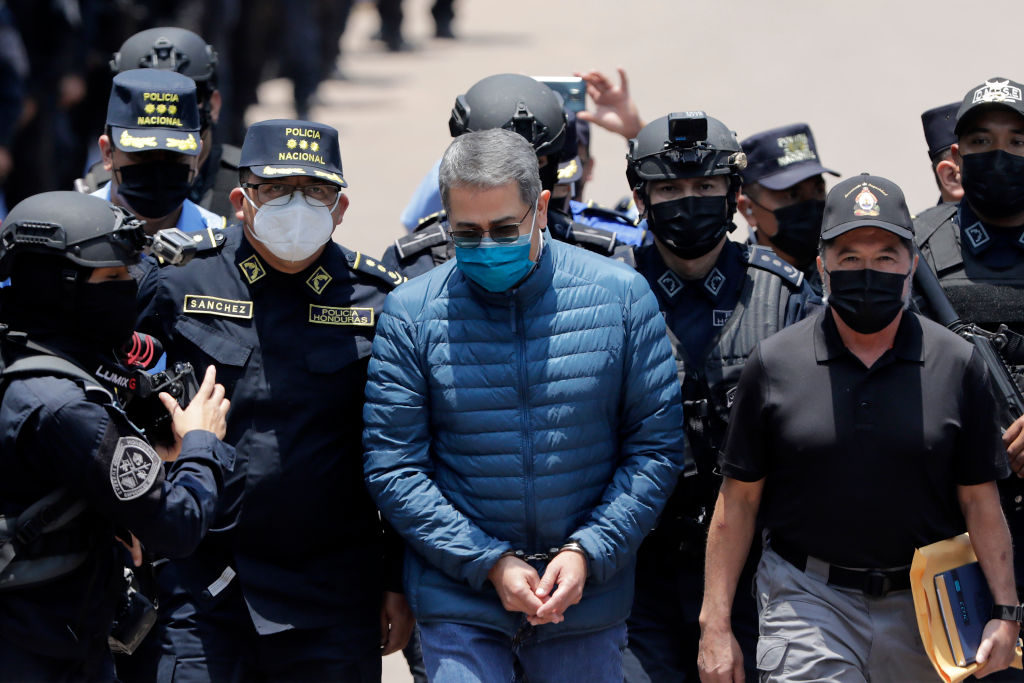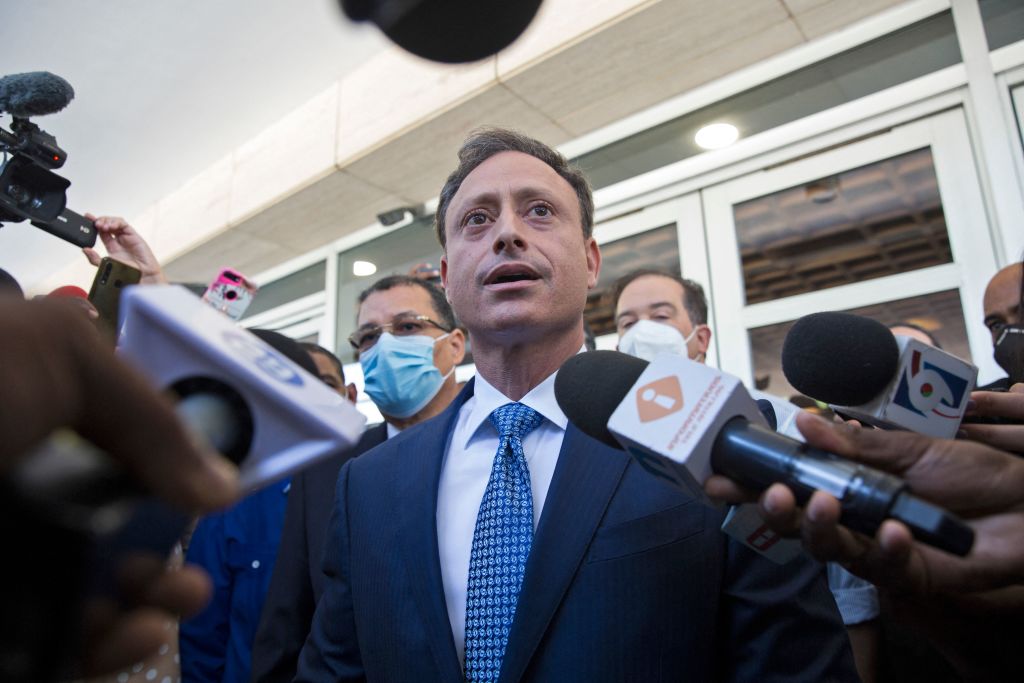Promoting Pro Bono Work and Rule of Law in the Americas
Promoting Pro Bono Work and Rule of Law in the Americas
During the North American launch of the Vance Center's Pro Bono Declaration for the Americas and the introduction of the Spanish edition of AS/COA's Rule of Law Report, speakers discussed prospects and challenges to judicial reform and to cultivating a culture of pro bono work in Latin America.
Speakers:
• Susan L. Segal, President and CEO, AS/COA
• Antonia E. Stolper, Chair, Cyrus R. Vance Center; Partner, Shearman & Sterling LLP
• Amb. James Jones, Co-Chairman and CEO, Manatt Jones Global Strategies, LLC
• Guillermo Morales, Partner, Morales y Besa, Santiago
• Paula Samper Salazar, Partner, Gómez-Pinzón, Linares, Samper, Suárez, Villamil, Bogota
• S. Todd Crider, Vice-Chair, Cyrus R. Vance Center, Partner, Simpson Thacher & Bartlett LLP (moderator)
• Christopher Sabatini, Senior Director of Policy, AS/COA and Editor-in-Chief, Americas Quarterly
• Justice Luiz Fux, Superior Court of Justice, Brazil (keynote speaker)
Summary
On January 22, 2008, the Americas Society and the Council of the Americas, in a partnership with the Cyrus R. Vance Center for International Justice, hosted the North American launch of the Pro Bono Declaration for the Americas (PBDA) and the introduction of the Spanish edition of the AS/COA Rule of Law Report. The initiative, organized by the New York City Bar Association’s Vance Center, is the first of its kind among private lawyers throughout the hemisphere. The PBDA calls on lawyers to commit to working at least twenty hours each year for the poor or underprivileged without charging a fee. Speakers announced that the Declaration has already attracted roughly 300 signatories who have committed to the values of pro bono work and to dedicate their time to the initiative.
The discussion also provided an opportunity to analyze the current state of rule of law in Latin America as well as the need to reform judicial systems in order to increase access for lower-income citizens. The AS/COA Rule of Law Report, to be released in Spanish by Jorge Pinto Books in February, notes the many examples of positive reforms, along with ideas for improvements.
Latin America’snewfound prosperity requires assurances that rule of law and pro bono activities reach the region’s poor, according to speakers. These steps are necessary to strengthen access to justice, and thereby support democracy and social equality. “The correlation between economic development and the rule of law is undeniable,” said moderator S. Todd Crider in a statement supported by other panelists. Ambassador James Jones signaled that in many parts of the region, reforming the criminal justice system is “the hardest [task] to accomplish” compared to economic and political reforms.
As opposed to their U.S. counterparts, lawyers in many parts of Latin American do not have a long history of conducting pro bono legal work. In some countries, the concept is totally new. Colombian lawyer Paula Samper discussed the difficulties involved with getting legal practitioners to take on pro bono work in Colombia. Yet, little by little, said Samper, the Declaration is attracting signatories willing to share these values, even though they may find themselves defending kidnappers.
These obstacles to pro bono work do not exist in Chile, emphasized Guillermo Morales. The Chilean lawyers already lead the region in terms of having a strong culture of volunteering. “The great significance of the Declaration was to define and narrow down the key concepts that everyone knew existed but weren’t totally regulated,” said Morales.
Keynote speaker Judge Luiz Fux of Brazil’s Superior Court of Justice called for expanded efforts to inform the population of their rights and to reduce the gap between the citizens and judges. He recommended that beyond pro bono work—which is limited in Brazil because the government provides public defenders to those who can’t afford lawyers—the justice system needs to be accessible to every citizen through improved locations, lower costs, and by replacing legalese with simple talk. On a final note, he highlighted his desire to move the debate in Brazil one step further, beyond lawyer-client relationship to the whole judiciary structure. “Those who can not afford to pay should be exempt of judicial and extra-judicial costs, even when they lose the process,” said Fux.







